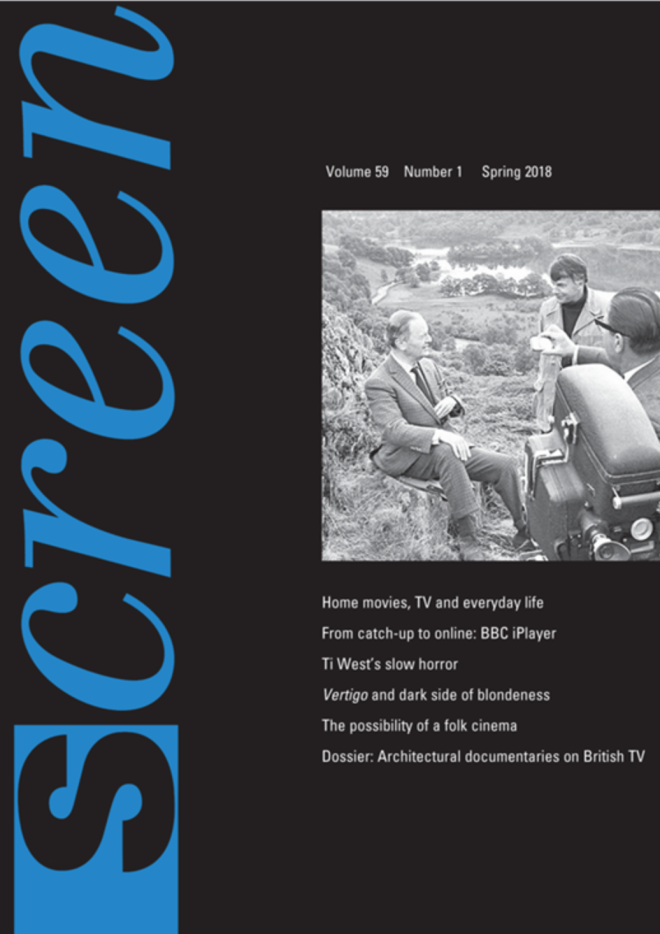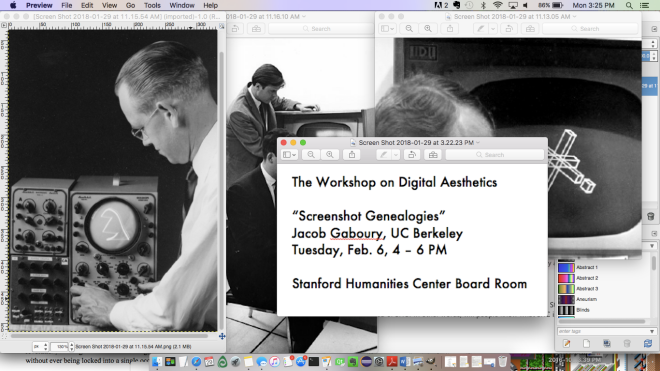
The Digital Aesthetics Workshop is excited to announce our second event of the Spring quarter: on May 19th, at 5 PM, we’ll host a workshop with Kris Cohen, via Zoom. This workshop has been co-organized with Stanford’s Critical Practices Unit (CPU), whom you can (and should!) follow for future CPU events here. Please email Jeff Nagy (jsnagy at stanford dot edu) by May 18th for the Zoom link.
Professor Cohen will discuss new research from his manuscript-in-progress, Bit Field Black. Bit Field Black accounts for how a group of Black artists working from the Sixties to the present were addressing, in ways both belied and surprisingly revealed by the language of abstraction and conceptualism, nascent configurations of the computer screen and the forms of labor and personhood associated with those configurations.
Professor Cohen is Associate Professor of Art and Humanities at Reed College. He works on the relationship between art, economy, and media technologies, focusing especially on the aesthetics of collective life. His book, Never Alone, Except for Now (Duke University Press, 2017), addresses these concerns in the context of electronic networks.
A poster with all the crucial information is attached for lightweight recirculation.
Thank you to all of the very many of you who logged on for our first Spring workshop with Sarah T. Roberts. We hope you will also join us on the 19th, and keep an eye out for an announcement of our third Spring workshop, with Xiaochang Li, coming up on May 26th

